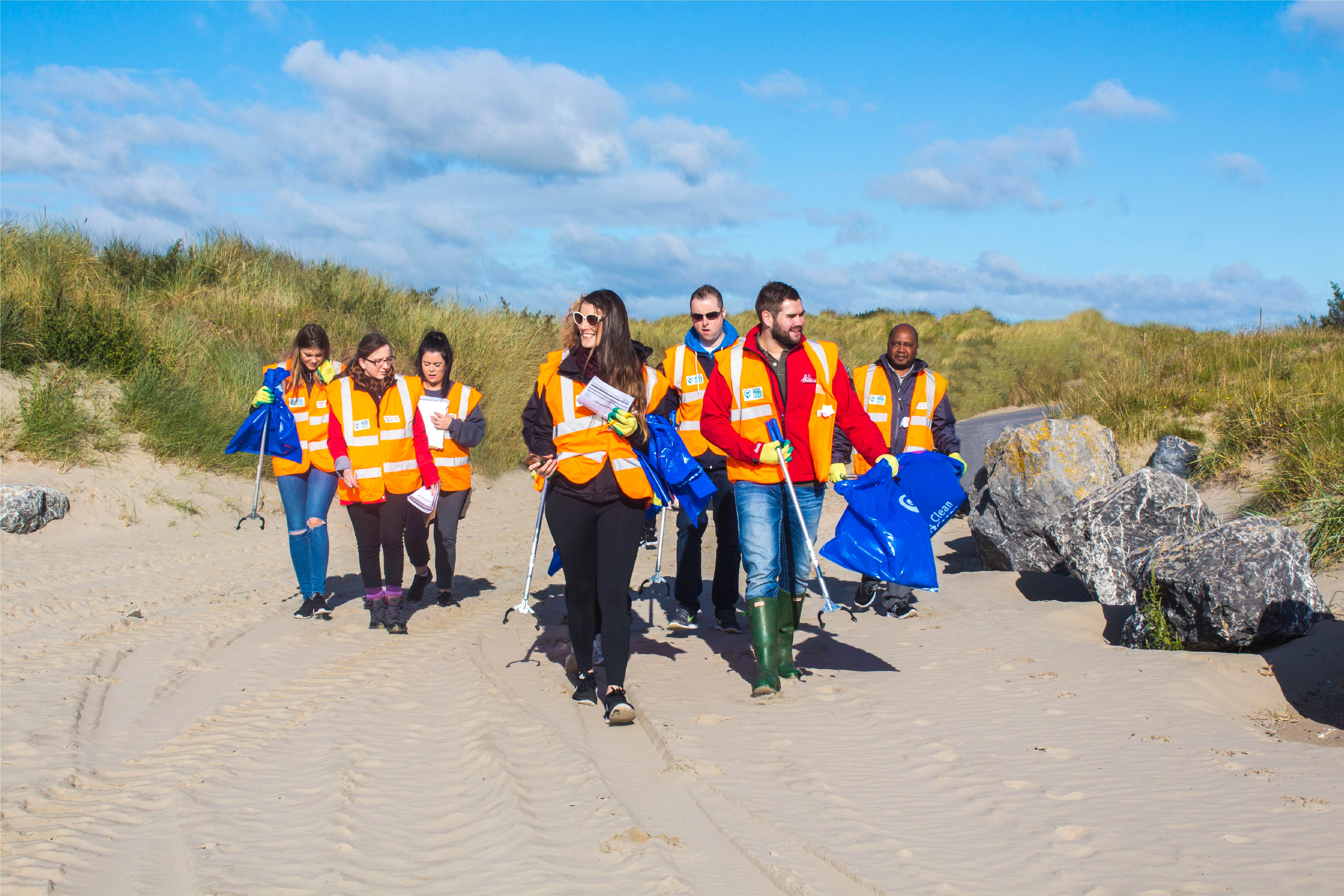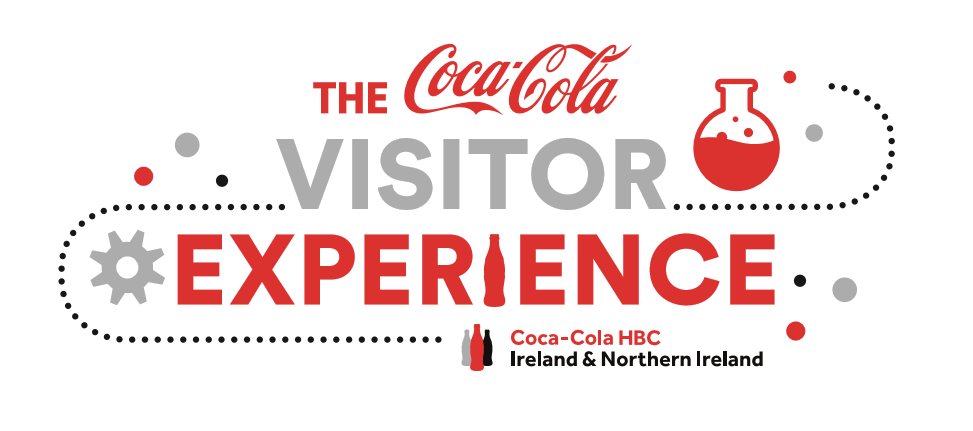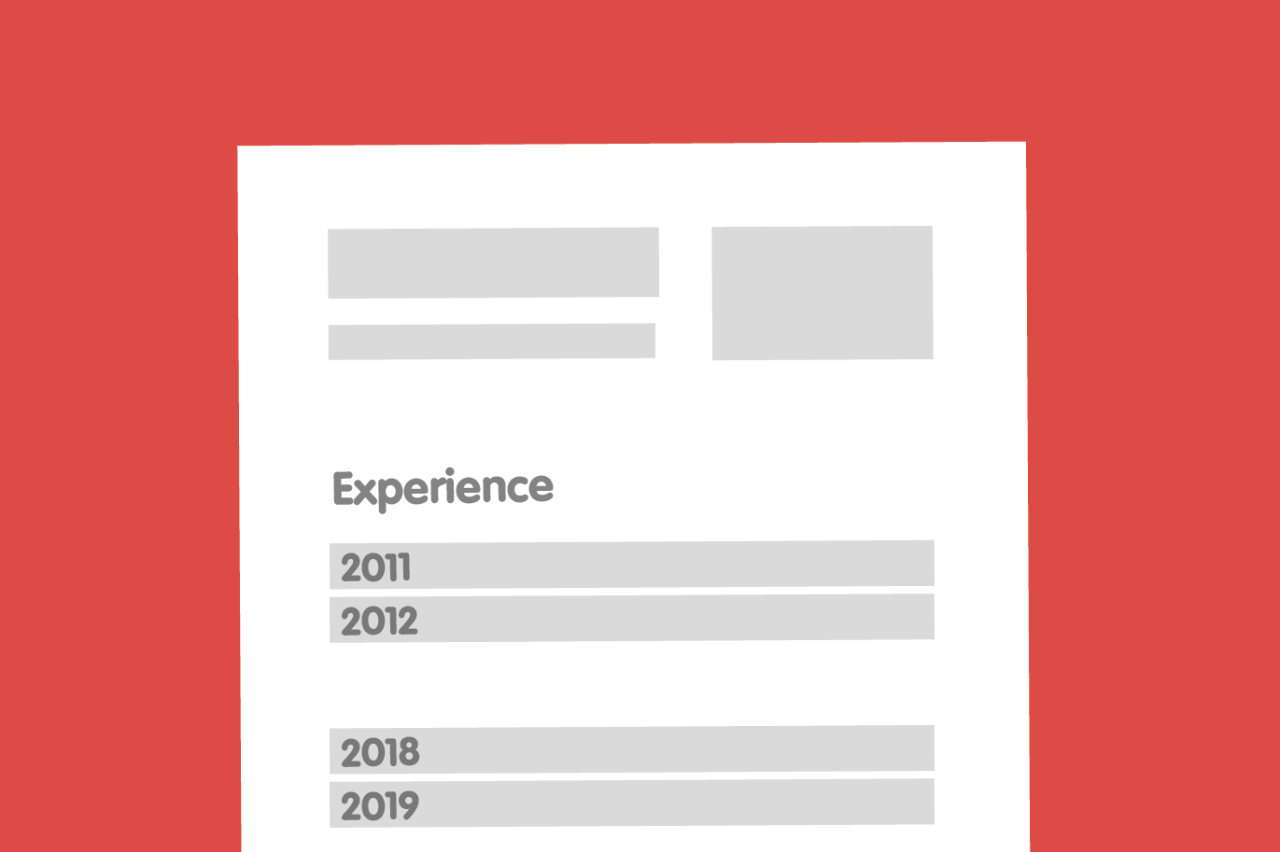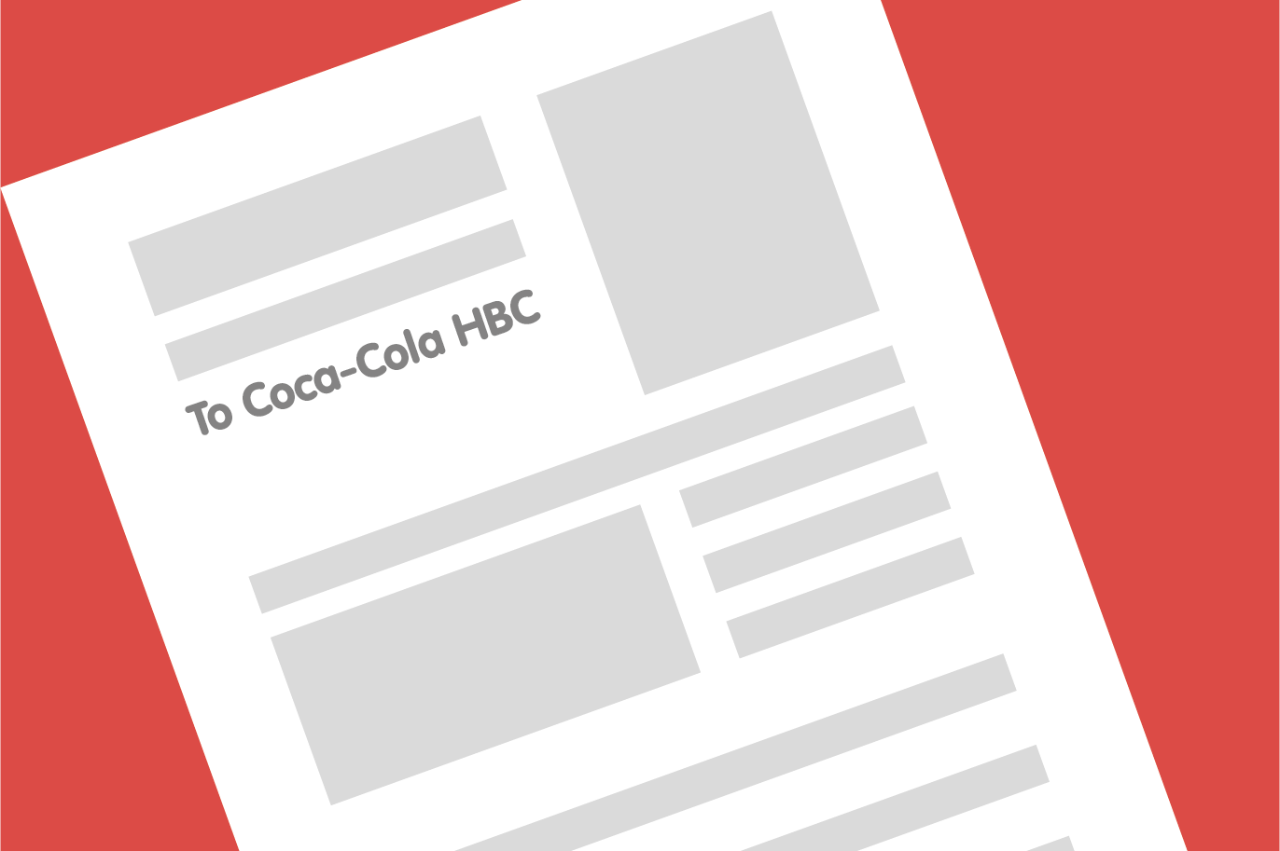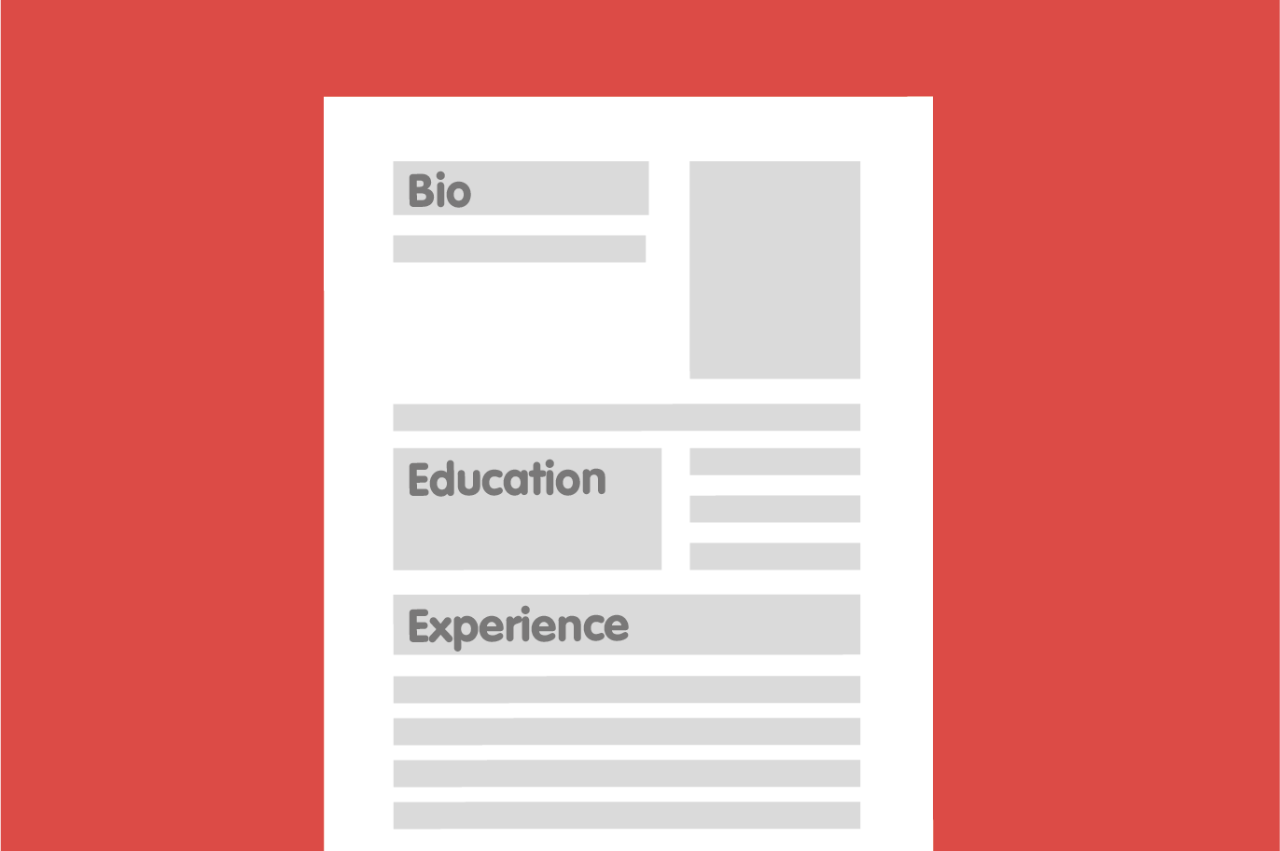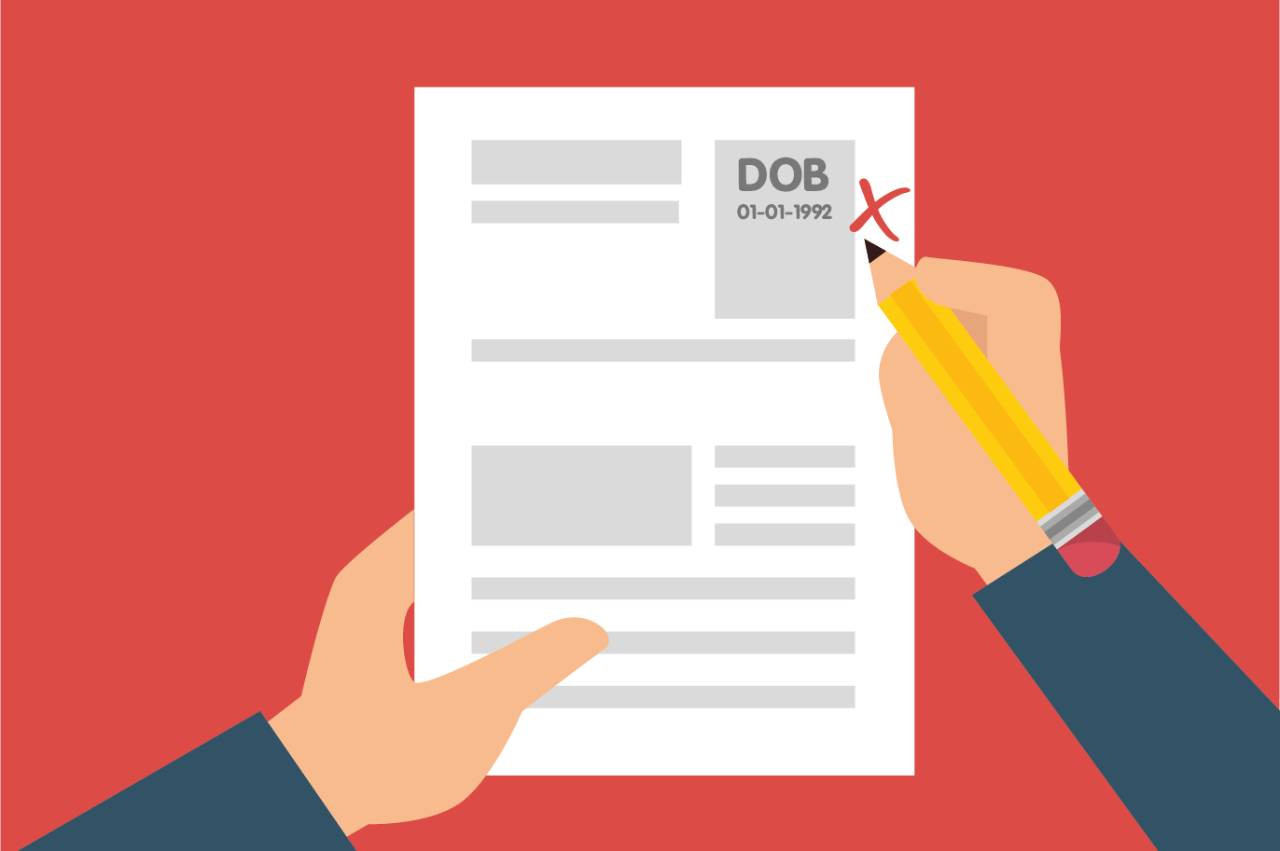Your CV portrays the first impression an employer will make of you and, on many occasions, it is what they will solely base their decision on regarding whether you will proceed to the next stage.
Portraying yourself in a manner that will catch a recruiter’s eye can be a daunting task. You want to illustrate your experience, skills and achievement while also giving them a sense of you as a person.
To help you depict yourself in the best way possible we have gathered our Top Ten Tips for writing your CV from one of our top recruiters.
